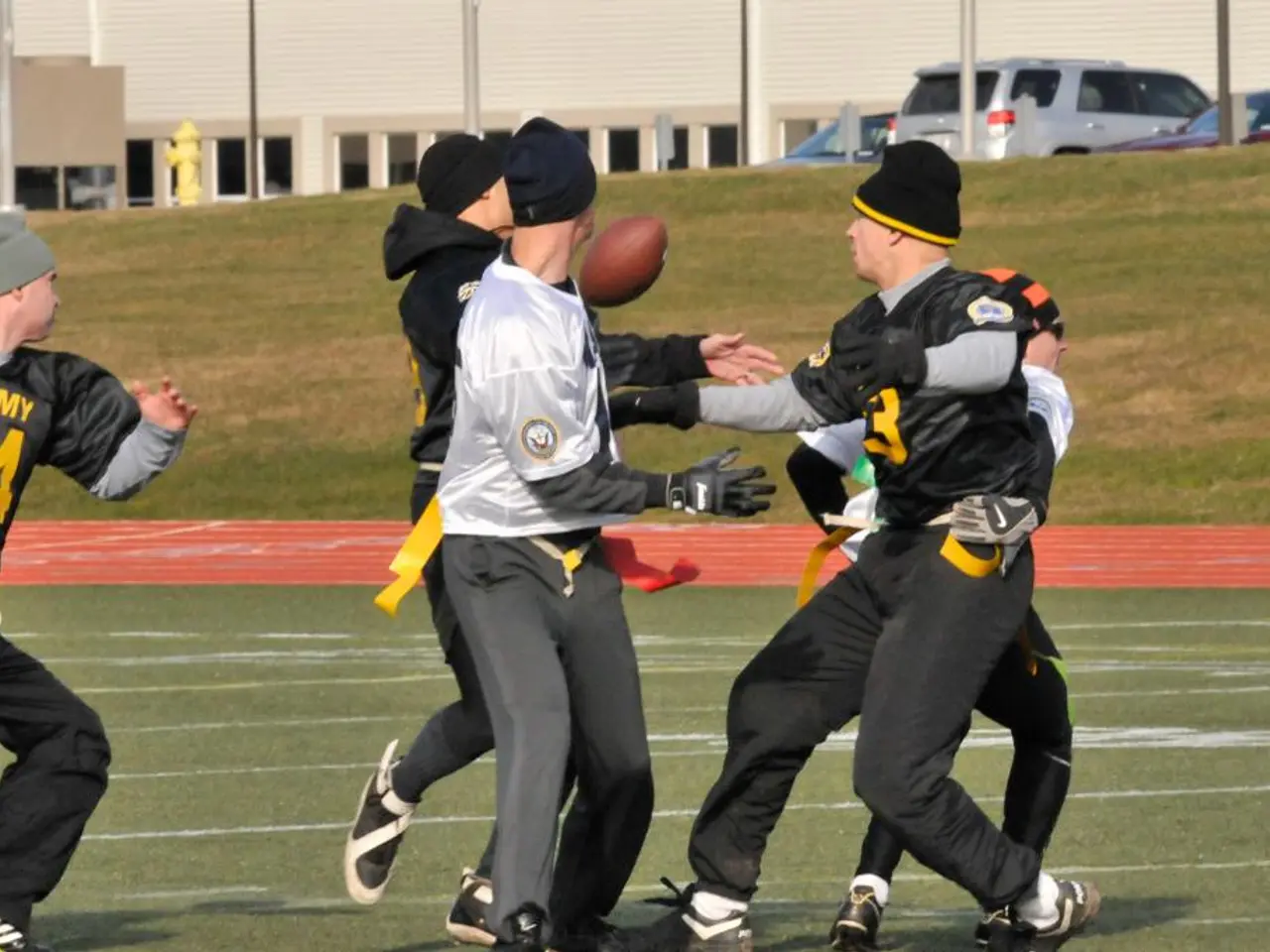Relationship of Rugby League with Crime Reduction Initiatives
Rugby League programs, originating from England in the late 19th century, have found a home in various countries around the world, including Australia, New Zealand, and France. These programs have shown promising results in rehabilitating young people, providing a structured environment where they can channel their energy positively.
The benefits of sports activities, such as Rugby League, extend beyond the field. Health benefits associated with these activities include improved mental and physical well-being. Moreover, these programs contribute to crime prevention and youth engagement by offering mentorship, leadership development, and positive social connections. By steering at-risk youth away from offending and towards education and employment opportunities, these programs foster a supportive community environment that helps young people realize their potential.
One such example of this is the partnership between the NSW Police Force, National Rugby League (NRL), and Youth Justice. Programs like Project Pathfinder mentor at-risk teenagers in regional areas, focusing on early intervention, positive role modeling, and connecting youths with career and educational pathways. This collaboration has shown measurable success in crime prevention outcomes.
Community programs linked to Rugby League also help foster youth engagement, promote social inclusion, and offer mentoring opportunities. These initiatives aim to reduce violence among young people, encourage physical health, and teach important life skills. Data shows that communities with strong youth engagement in sports initiatives have lower crime rates and fewer incidents of juvenile delinquency.
Participation in sports initiatives can lead to better decision-making and lower crime rates among youth. Engaging in sports can bring people together, build relationships, and foster personal growth. Success stories abound in sports rehabilitation programs, with participants reporting increased confidence and better decision-making skills.
Educational resources are integrated into many sports programs, offering vocational training and brighter future prospects. Long-term involvement in community sports programs promotes lasting change, combating issues like obesity and mental health struggles.
Rugby League, known for its fast pace, strategy, and teamwork, is a popular sport loved in many communities. In these communities, Rugby League holds deep cultural significance, fostering a sense of pride and identity, and promoting social inclusion. Mentorship is a key component of Rugby League community programs, with older players acting as positive role models to guide younger athletes.
In conclusion, Rugby League programs serve as effective tools for rehabilitation and community enrichment by providing healthy outlets for energy, teaching life skills, and fostering personal responsibility. These programs contribute significantly to society by promoting youth engagement, reducing crime rates, and providing opportunities for personal growth and development.
Read also:
- Kamala Harris announces her ongoing political plans-for the present time
- Genetic Rarity Explored: Insights into Science, Struggles, and Misconceptions Surrounding Albinism
- Smoking Secondhand: Impact, Frequently Asked Questions, and Additional Information
- Strategies for Mitigating Negative Feelings in Customer Interaction with Your Goods or Services




